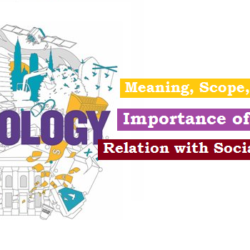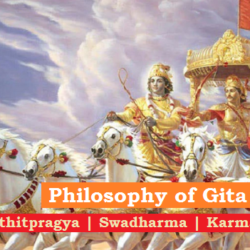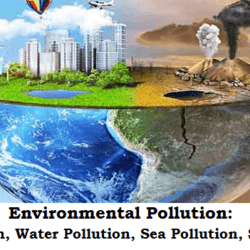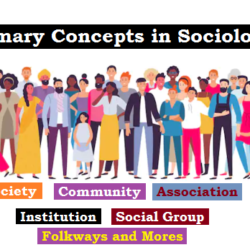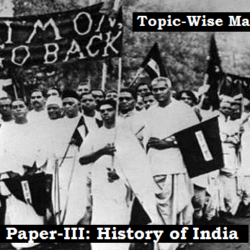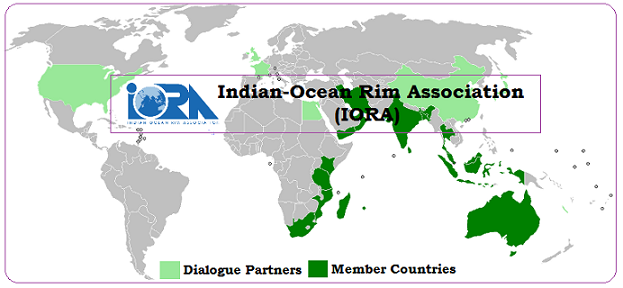
The Indian Ocean Rim Association (IORA), formerly known as the Indian Ocean Rim Initiative and Indian Ocean Rim Association for Regional Cooperation (IOR-ARC), is an inter-governmental organisation consisting of coastal states bordering the Indian Ocean, aimed at strengthening regional cooperation and sustainable development within the Indian Ocean region.
The Coordinating Secretariat of IORA is located at Ebene, Mauritius. It was established in March 1997. The vision for IORA originated during a visit by late President Nelson Mandela of South Africa to India in 1995.
Indian-Ocean Rim Association
| Established | 1997 |
| Secretariat | Ebene, Mauritius |
| Current Chair | South Africa (2017-19) |
| 1st Summit | Mar 2017, Jakarta (Indonesia) |
Objectives
- To promote sustainable growth and balanced development of the region and member states,
- To focus on those areas of economic cooperation which provide maximum opportunities for development, shared interest and mutual benefits
- To promote liberalization, remove impediments and lower barriers towards a freer and enhanced flow of goods, services, investment, and technology within the Indian Ocean rim.
Areas of Cooperation: Priority Areas

- Maritime security,
- Trade and investment facilitation,
- Fisheries management,
- Disaster risk reduction,
- Academic and scientific cooperation,
- Tourism promotion and cultural exchanges,
- Blue Economy,
- Women’s Economic Empowerment
Members
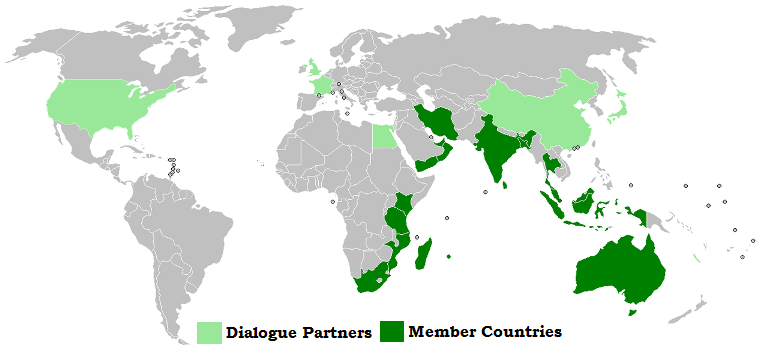
- 22 member states (including Mauritius, Seychelles and Comoros) , 7 dialogue partners- Japan, Germany, China, United Kingdom, USA, France and Egypt.
- It has 2 organizations as dialogue partner- the Indian Ocean Tourism Organization and the Indian Ocean Research Group.
- China is even reported to have expressed its interest in becoming a full member of the IORA.
Structure
- IORA’s apex body is the Council of Foreign Ministers (COM) which meets annually.
- A committee of Senior Officials (CSO) meets twice a year to progress IORA’s agenda.
- The Secretary General is appointed by the Council of Ministers (COM) for a term of three years renewable for one additional term, from among the candidates nominated by the Member States.
- He is responsible to the Council of Ministers for all activities of the Association.
- He provides an annual report to the Council of Ministers on the work of the Association.
- South Africa is the current Chair of IORA form October 2017-2019. The Vice Chair will be the United Arab Emirates which would take Chair as from October 2019-2021.
Significance
- The Indian Ocean covers about 20% of water on the world’s surface. It is the third largest of the world’s five oceans.
- The IOR countries have a population of about 40% of the world’s people. The Indian Ocean accounts for 50% of the world’s container traffic and ports handle 30% of global trade.
- Roughly 55% of known oil reserves, and around 40% of gas reserves, are in the Indian Ocean region.
- As a connector between Africa, Asia and Oceania, it is the most important transport zone, almost 80% of the global oil and liquid natural gas shipments pass through it.
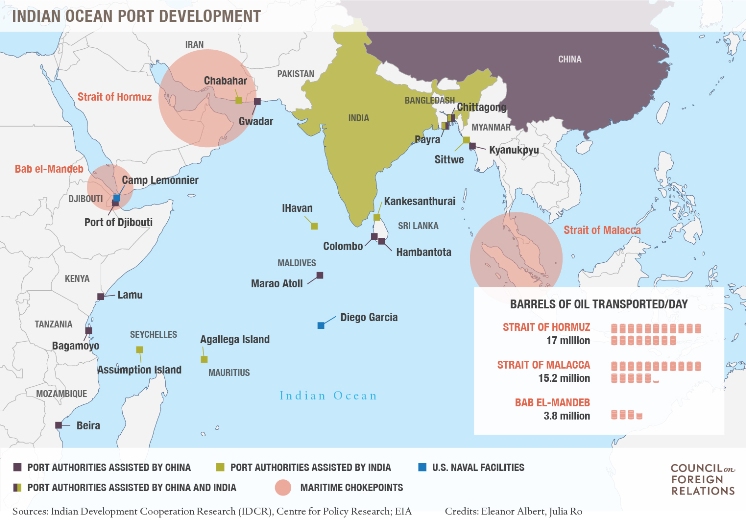
- Three strategic choke points: the Strait of Hormuz, Bal-el-Mandeb and the Strait of Malacca, connect the IOR with the Persian Gulf, the Red Sea and the South China Sea respectively.
- The IORA also reflects remarkable diversity of our Indian Ocean region. They range from small island-countries, such as Comoros and Seychelles, to G20 members such as India, Indonesia and Australia.
- With global economic power shifting to the east, maintaining prosperity and stability across the Indian Ocean region becomes more important than ever.
- India along with IORA could transform the region, and focusing on Security and Growth for All in the Region (SAGAR), as envisioned by Prime Minister Modi during his recent visit to Mauritius.

 Home
Home Syllabus
Syllabus Contact Us
Contact Us
